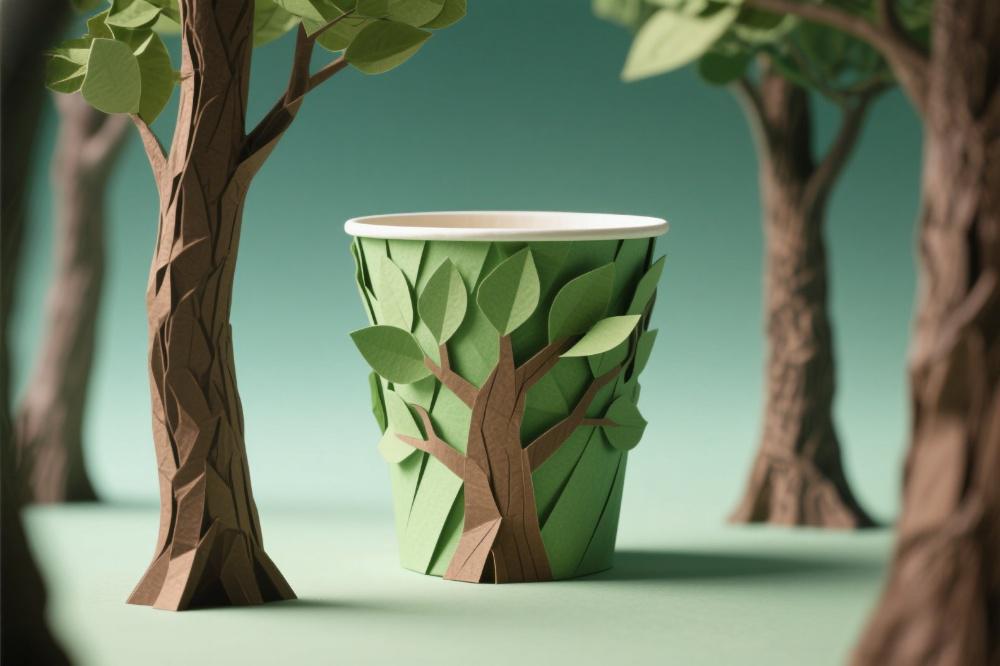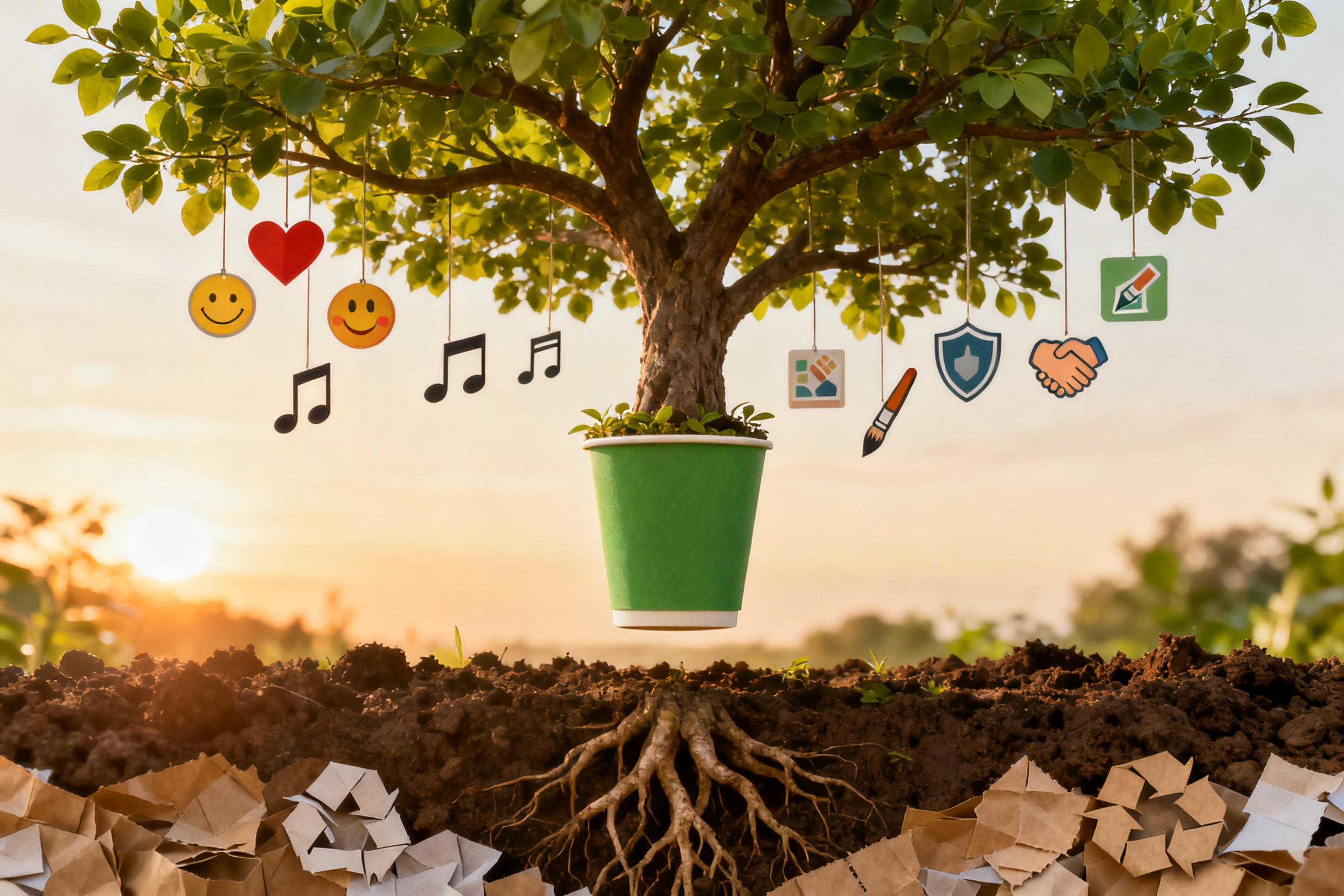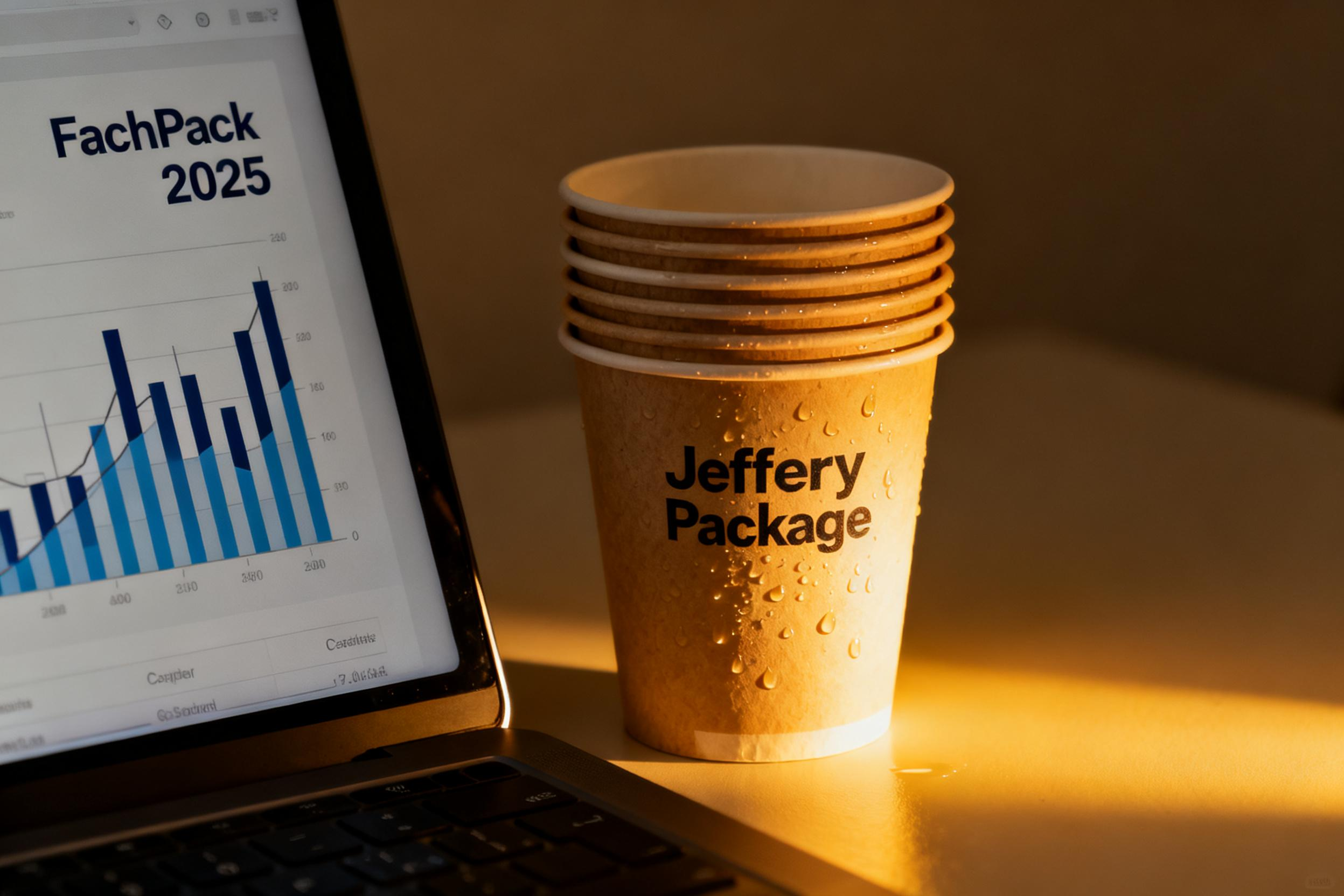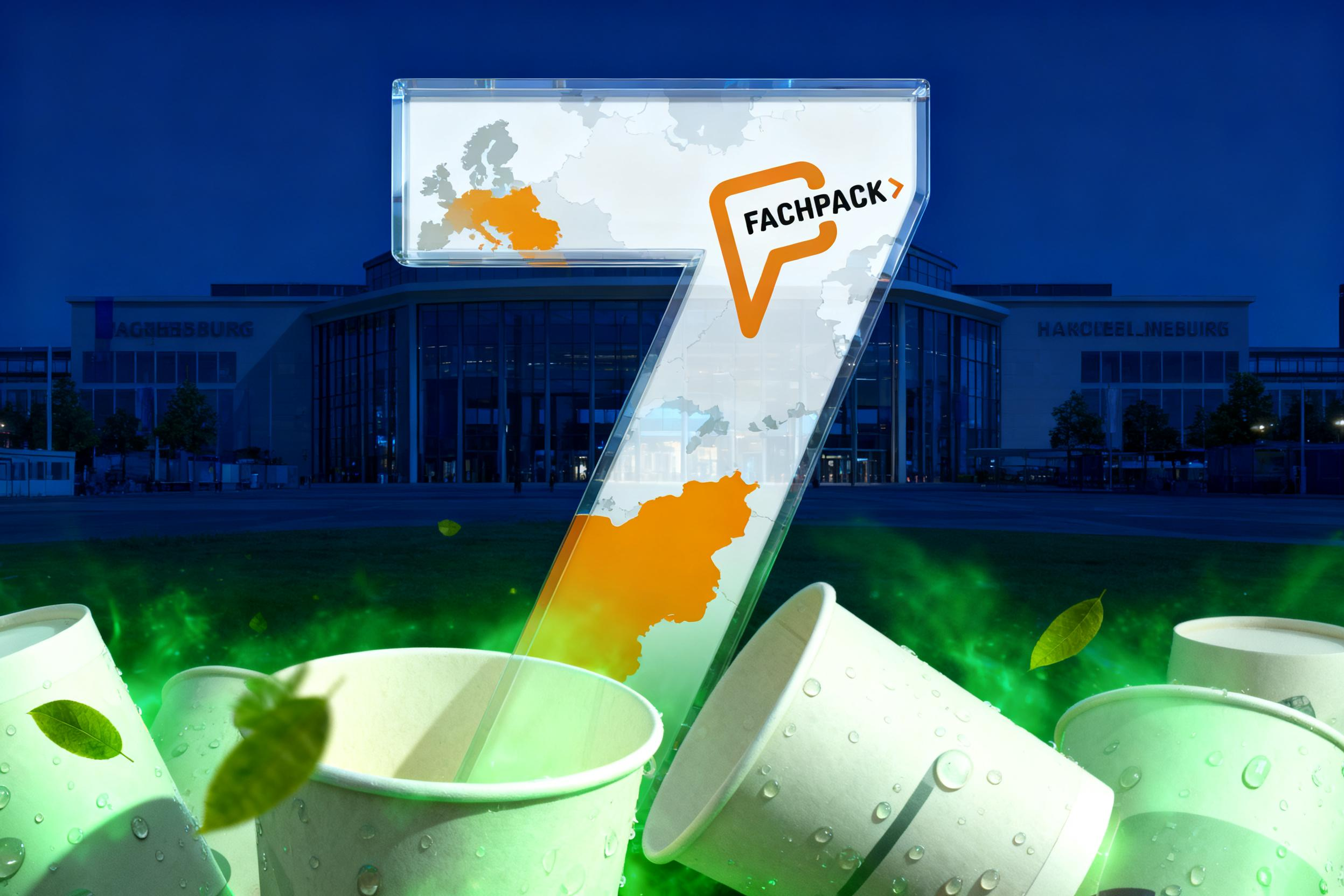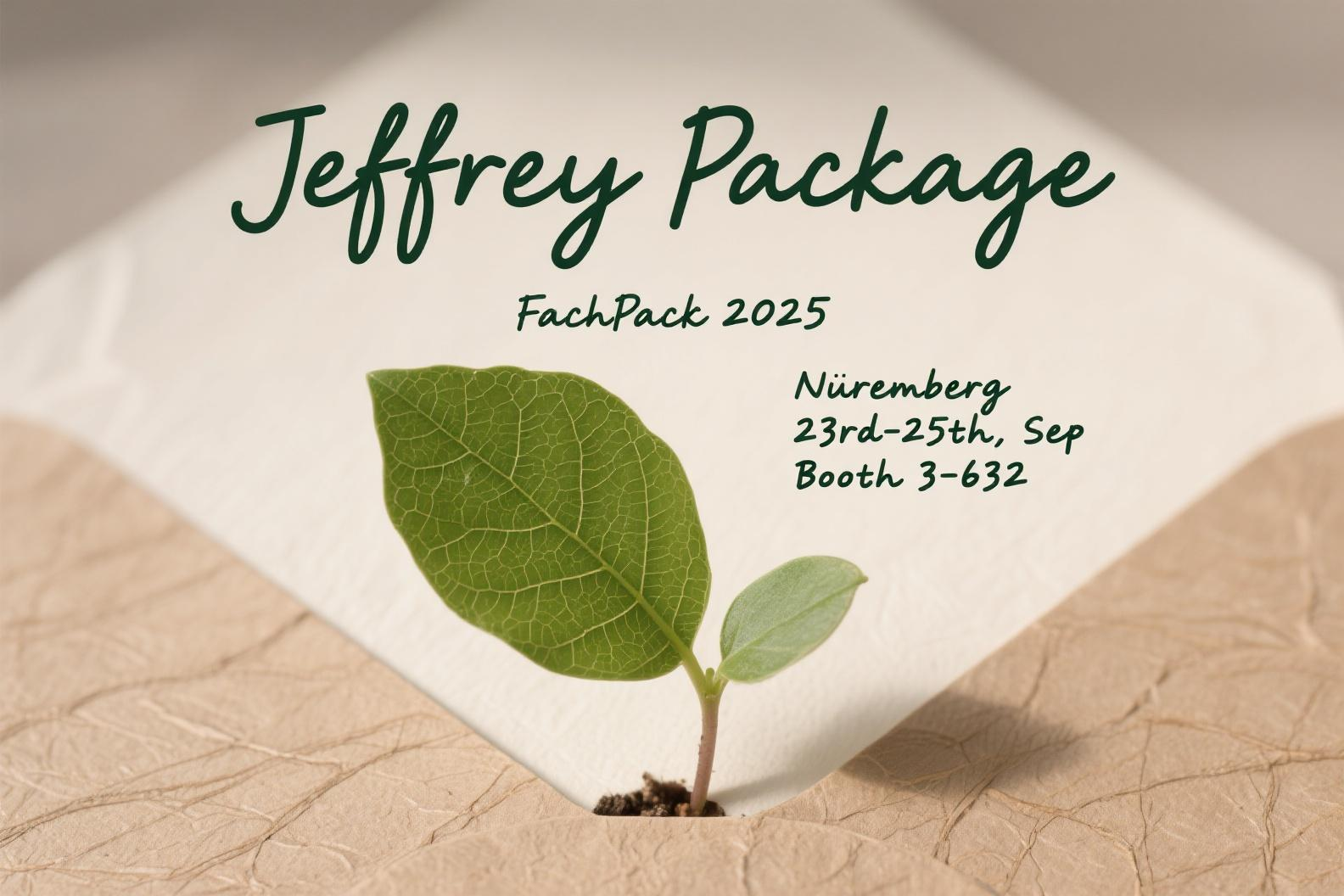Environmental Crisis and Sustainable Solutions for Disposable Paper Cups
Every morning, 500 million disposable paper cups are discarded globally. These small, coffee-stained objects, often misleadingly labeled as “biodegradable,” contain 10% polyethylene plastic lining, requiring over 20 years to decompose.
Ⅰ. The environmental cost of the current paper cup system
- Resource consumption issue
Producing 1 ton of paper cups requires the consumption of 2 tons of wood (equivalent to 20 adult trees) and 10 tons of water. China’s annual consumption reaches 20 billion trees, directly leading to the logging of 4 million trees, equivalent to the annual loss of forests on 1.5 Singapore’s land area.
- Recycling dilemma
The actual recovery rate of mixed materials containing polyethylene coating is less than 1%, and 90% of them release methane after landfill (greenhouse effect is 28 times that of CO ₂). The carbon emissions of a single paper cup throughout its entire lifecycle reach 82g, and the carbon emissions generated by Starbucks’ global annual usage are equivalent to the annual driving emissions of 30000 cars.
- Misleading biodegradation
Paper cups that are labeled as “biodegradable” have a 10% plastic lining and require over 20 years to naturally decompose, resulting in persistent pollution with an annual global waste of 500 million per day.
Ⅱ. Innovative solutions
- Material Revolution
Water based coating cup (100% industrial compost decomposed in 6 weeks, besides, the material is easy to recycle)
- Policy leverage
After the implementation of the plastic ban in Hong Kong, the usage rate of compostable cups has increased by 320% EU CE certification promotes biodegradable cup imports to account for 67% California AB-1276 law requires catering companies to provide reusable options
Ⅲ. Action Framework
- Industrial end
Establish EPR (Extended Producer Responsibility) system and mandate the use of FSC certified pulp Promote the “cup deposit system” (such as the Pfand system in Germany with a recovery rate of 98%)
2. Regulatory end
Include PE coated cups in the National Hazardous Waste List Levying a 15% environmental tax on non degradable cups (based on the UK plastic packaging tax standard)
Ⅳ. A Call to Action
With the development of the industry, the raw materials for paper cups are also constantly increasing. The emergence of various environmentally friendly materials and processes can greatly reduce environmental pollution. Jeffrey is committed to eco-friendly paper cups (as mentioned above the water-based coating paper cups) and will develop more environmentally friendly processes to produce and manufacture our products, providing sustainable and eco-friendly packaging for food and beverage brands.

